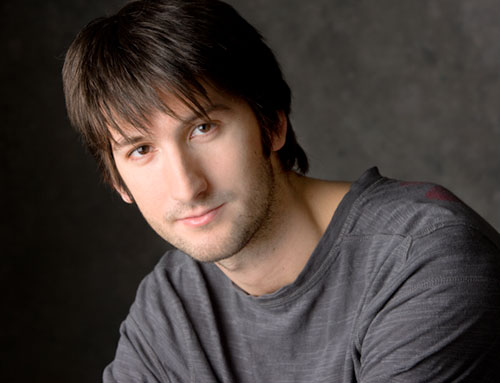
Dodge tool
|
 |
Figure 1 The dodge tool Options bar.

Figure 2 This shows a before version of an image (photograph: © Jeff Schewe).

Figure 3 In this example you can see the results achieved using the dodge tool in 'Photoshop CS3 mode' with the Protect Tones option deselected.

Figure 4 In this example you can see the results achieved using the dodge tool in Photoshop CS4 or later with the Protect Tones options selected.
If you are going to use the dodge or burn tools, I would maintain that they are probably more appropriate for localized retouching of small areas of a picture on a copied layer.
One of the things that is also useful about the dodge and burn tools is that you can choose to apply the toning effect selectively to either the highlights, midtones or shadows. Therefore if you want to lighten or burn some midtone detail in an image without affecting the shadow or highlight areas, you can choose to use the dodge tool in the Midtones mode (See Figure 1).
Alternative approach to dodging and burning
If your goal is to dodge or burn a large area of a picture such as a sky or someone’s face, then the best way to go about doing this is to add a Levels or Curves adjustment layer to lighten or darken the entire image, fill the layer using black to hide the layer contents and then paint with white on the adjustment layer mask using a soft edged brush. Filling with black will hide the adjustment layer effect and painting with white will allow you to selectively reveal the adjustment layer effect and as with all other layers, you have a layer opacity slider that will allow you to fade the overall layer opacity. The other option you have is to use the adjustment brush and gradient filter tools in Camera Raw 5 or later. This too offers a truly non-destructive approach to localized dodging and burning.
